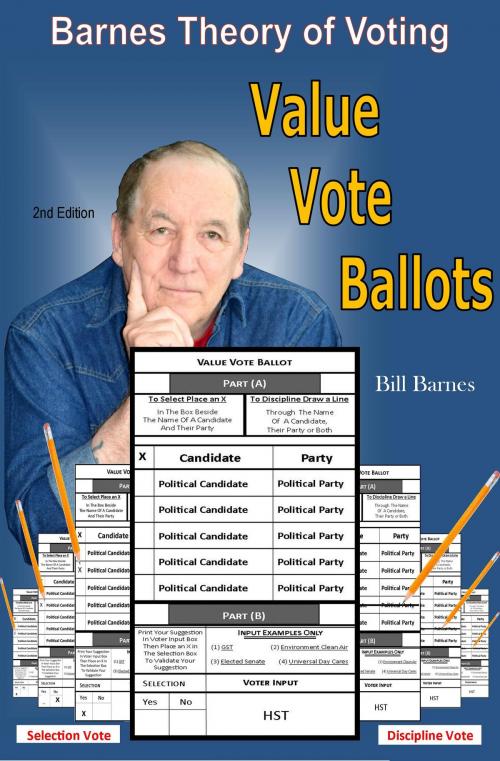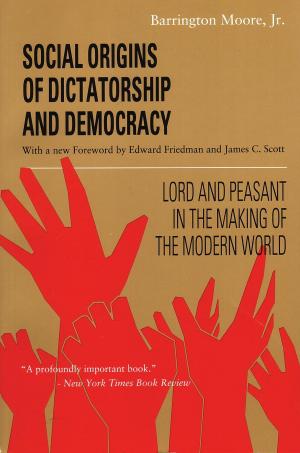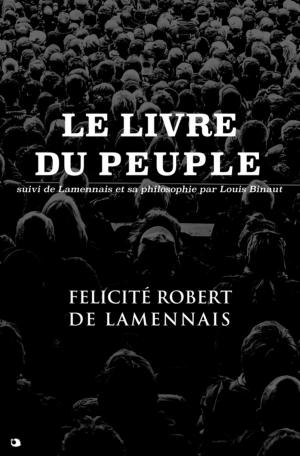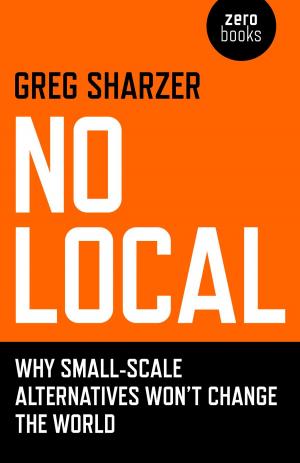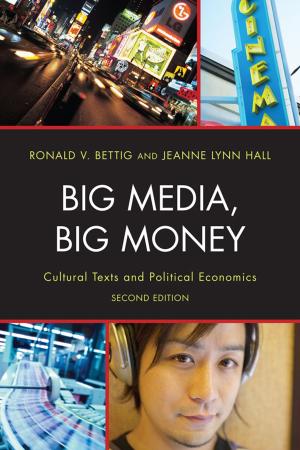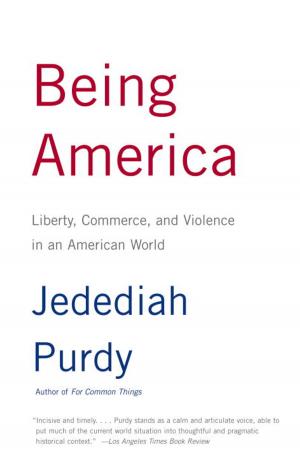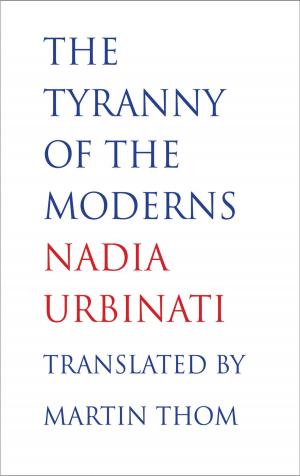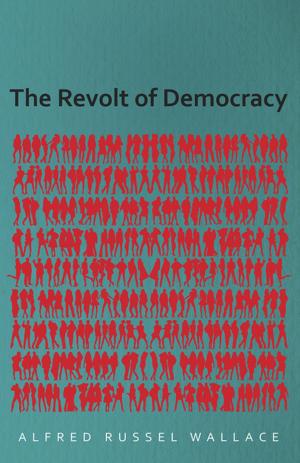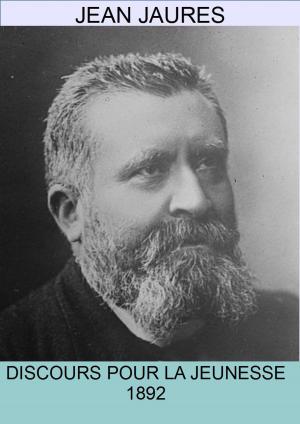Value Vote Ballot
the Barnes Theory of Voting
Nonfiction, Social & Cultural Studies, Political Science, Government, Political Parties, Elections, Democracy| Author: | Bill Barnes | ISBN: | 9780973711424 |
| Publisher: | Aby 2 Publishing | Publication: | May 20, 2014 |
| Imprint: | Language: | English |
| Author: | Bill Barnes |
| ISBN: | 9780973711424 |
| Publisher: | Aby 2 Publishing |
| Publication: | May 20, 2014 |
| Imprint: | |
| Language: | English |
Human society is constantly evolving, but is democracy keeping pace?
Most citizens of today’s democracies spend 12 years in public schools. Humanity is more educated now than at any time in history. Yet we still vote as though most of our citizens are illiterate.
The present ballot system was created in a time when people who left school by the 4th grade were considered educated. For democracy to work at that time, illiterate citizens needed a tool that enabled them to exercise their right to vote: the Illiterate X Ballot.
Since the founding of the Illiterate X Ballot, immeasurable amounts of money and resources have been allocated to educate the general public, yet the ballot system has not developed to reflect these societal advances. Democracies do not show trust in today’s educated and insightful citizens.
To regain honest democracy, political leaders must acknowledge that today’s citizens deserve to use their intellect to give direct input to their government, thus allowing leaders to better understand the ideals of the society they govern. This direct input is possible with the implementation of an evolved ballot that acknowledges voters’ improved literacy: the Value Vote Ballot.
It is crucial that our government representatives accurately represent the demography of the citizens, which proportional representation systems can achieve. However, this need is secondary to the necessity for a tool that accurately counts votes and shows a true voter demography that allows for a fair redistribution of seats.
The Value Vote Ballot allows citizens to address issues that cannot be communicated with a simple X. Members of minority groups can voice their needs or concerns. Knowledgeable citizens can inform the government of crises that are not being properly addressed.
The Illiterate X Ballot of yesterday’s democracy was essential to acknowledge the rights of the uneducated public. Today’s democracy does nothing to acknowledge the fact that the general public is now educated and has the right to be heard. The Illiterate X Ballot is outdated and must be replaced with an updated system.
Most voting systems that exist today operate on a lie. The one exception is the Barnes Theory of Voting, with its Value Vote Ballot. It is designed for accuracy and is the only system that can unite likeminded voters, regardless of gender, age, race, creed, or political party. Other voting systems cannot and therefore do not accurately record voter demography.
The fact that voters cannot accurately express their demography makes the other voting systems useful to politicians, but a nightmare to the voters. This inaccuracy—present in both the First Past the Post method of voting and every proportional style ballot—results in a dishonest vote tally and redistribution of seats. It is unfair and is no way to run a democracy. Voters must gain the ability to voice their opinions and discipline their party of choice at the voting booth.
Until honesty is possible on Election Day, voters are left with three options when they are unhappy with their preferred party.
One: hold their nose and vote for the party which represents their preferred political philosophy;
Two: try to discipline their preferred party by crossing the floor to vote for a party whose philosophy they do not support and who they do not truly believe should be in power;
Three: choose not to vote.
All three of these choices are lies that culminate in a big lie about voters’ opinions.
The Barnes Theory of Voting would stop voters from having to support a party they do not want just to prevent the introduction of policies they consider unfavourable. If a politician crosses the floor to join an opposing party, it is front page news, yet voters are forced to do this any time they are dissatisfied with their preferred party.
If being ignored and disrespected by the government is what you prefer, do not read this book. If you are tired of being a mushroom, see you inside.
Human society is constantly evolving, but is democracy keeping pace?
Most citizens of today’s democracies spend 12 years in public schools. Humanity is more educated now than at any time in history. Yet we still vote as though most of our citizens are illiterate.
The present ballot system was created in a time when people who left school by the 4th grade were considered educated. For democracy to work at that time, illiterate citizens needed a tool that enabled them to exercise their right to vote: the Illiterate X Ballot.
Since the founding of the Illiterate X Ballot, immeasurable amounts of money and resources have been allocated to educate the general public, yet the ballot system has not developed to reflect these societal advances. Democracies do not show trust in today’s educated and insightful citizens.
To regain honest democracy, political leaders must acknowledge that today’s citizens deserve to use their intellect to give direct input to their government, thus allowing leaders to better understand the ideals of the society they govern. This direct input is possible with the implementation of an evolved ballot that acknowledges voters’ improved literacy: the Value Vote Ballot.
It is crucial that our government representatives accurately represent the demography of the citizens, which proportional representation systems can achieve. However, this need is secondary to the necessity for a tool that accurately counts votes and shows a true voter demography that allows for a fair redistribution of seats.
The Value Vote Ballot allows citizens to address issues that cannot be communicated with a simple X. Members of minority groups can voice their needs or concerns. Knowledgeable citizens can inform the government of crises that are not being properly addressed.
The Illiterate X Ballot of yesterday’s democracy was essential to acknowledge the rights of the uneducated public. Today’s democracy does nothing to acknowledge the fact that the general public is now educated and has the right to be heard. The Illiterate X Ballot is outdated and must be replaced with an updated system.
Most voting systems that exist today operate on a lie. The one exception is the Barnes Theory of Voting, with its Value Vote Ballot. It is designed for accuracy and is the only system that can unite likeminded voters, regardless of gender, age, race, creed, or political party. Other voting systems cannot and therefore do not accurately record voter demography.
The fact that voters cannot accurately express their demography makes the other voting systems useful to politicians, but a nightmare to the voters. This inaccuracy—present in both the First Past the Post method of voting and every proportional style ballot—results in a dishonest vote tally and redistribution of seats. It is unfair and is no way to run a democracy. Voters must gain the ability to voice their opinions and discipline their party of choice at the voting booth.
Until honesty is possible on Election Day, voters are left with three options when they are unhappy with their preferred party.
One: hold their nose and vote for the party which represents their preferred political philosophy;
Two: try to discipline their preferred party by crossing the floor to vote for a party whose philosophy they do not support and who they do not truly believe should be in power;
Three: choose not to vote.
All three of these choices are lies that culminate in a big lie about voters’ opinions.
The Barnes Theory of Voting would stop voters from having to support a party they do not want just to prevent the introduction of policies they consider unfavourable. If a politician crosses the floor to join an opposing party, it is front page news, yet voters are forced to do this any time they are dissatisfied with their preferred party.
If being ignored and disrespected by the government is what you prefer, do not read this book. If you are tired of being a mushroom, see you inside.
